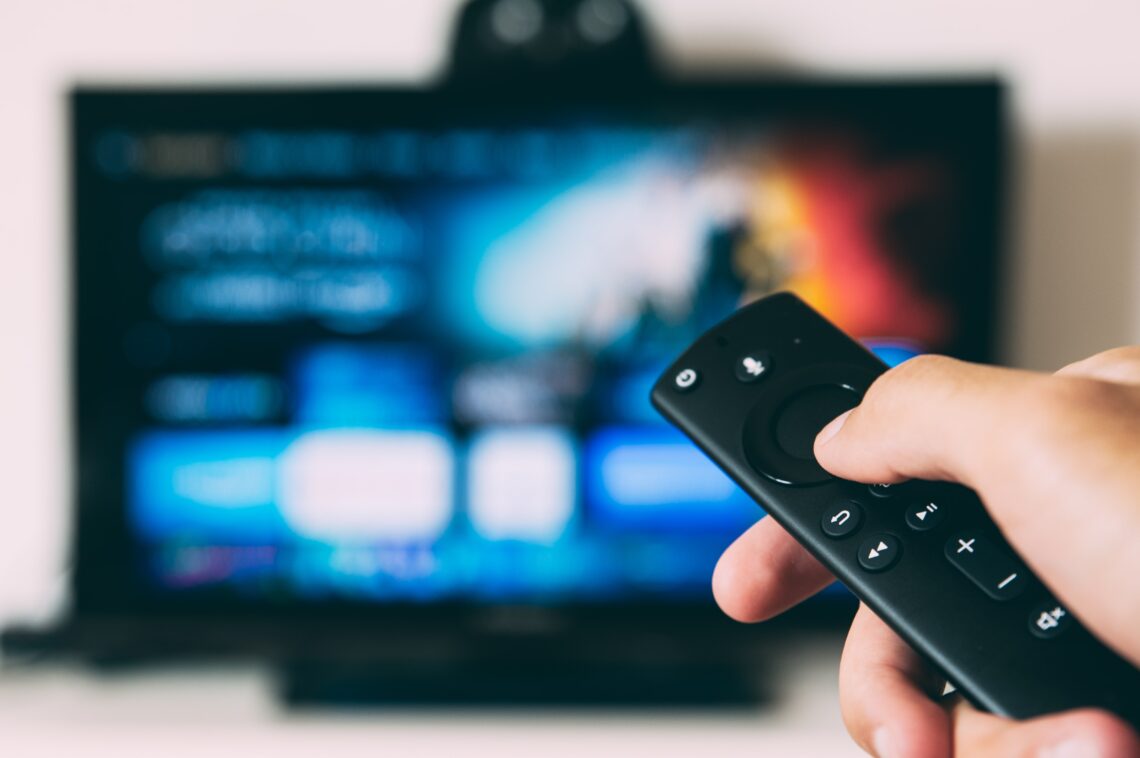
Does loving Mean Girls make you a mean viewer?
Like so many millennials, Jing Wang still remembers the first time she watched the movie Mean Girls.
She was in the seventh grade and hanging out with her god-sister. She ended up loving it so much that her god-sister lent Wang her copy—which she still has to this day.
“Watching it just brings me back to a previous period in my life,” she says. “I find comfort in the familiarity and nostalgia.”
Wang isn’t the only one. A study published by the Journal of Consumer Research found that re-consuming movies, TV shows and books can provide comfort and a boost of happiness.
It’s the reason why movies like Mean Girls that were released years ago remain a consistent fixture on people’s viewing rosters.
But while there is comfort and happiness immersed within rewatching older media, sometimes they contain elements that are better left in the past.
Wang recently witnessed her friend give up their lifelong love for the animated series Futurama after feeling conflicted with the problematic stereotypes and portrayals woven within the storylines.
“Depending on the media in question, it could be extremely harmful to continue consumption,” Wang says.
Many viewers have found themselves in the same position, as the collision of outdated media and evolving social dynamics has forced them to re-evaluate their favourite media.
It’s created a question of how to enjoy familiar media while acknowledging the problematic portrayals and stereotypes they contain. Is it fine as long as viewers understand that these elements are wrong and view it as a memento to how society has progressed, or is it still harmful and a perpetuation of these problematic aspects?
Sonia Kang, a professor at the University of Toronto who specializes in anti-racism and equity, explains that the media’s influence is too strong for it to not perpetuate problematic elements.
“Media is really powerful because we are consuming it all the time,” she says. “We’re not expecting it to be this message sending thing, so we don’t have our guard up about being influenced one way or the other.”
Every Halloween, Kyle Coutu watches The Simpsons, Treehouse of Horror specials. Similarly to Wang, he feels comfort and happiness whenever he watches them.
“I’ve been watching them ever since I was a kid,” he says. “It doesn’t feel like Halloween unless I watch them.”
The Simpsons has also generated controversy in the last few years over it’s reinforcement of South Asian stereotypes portrayed through the long-running character Apu. The 2017 documentary The Problem with Apu explores the effects of these stereotypes and their connection to racial microaggressions.
While the character has not been retired, the voice actor for Apu stepped down in early 2020 saying that the character ultimately perpetuates harmful stereotypes.
Coutu believes that movements like this signal that there are discussions that need to be had about the content audiences find funny. He says that people can no longer rely on escapism to avoid difficult conversations.
“If there is an issue to be had, address it. Don’t just laugh at it,” he says. “It’s easier to laugh than it is to address it but that doesn’t solve the root of the problem.”
For Wang, she finds that her connection to older media and her tolerance for problematic elements varies across different TV shows and movies.
While she doesn’t feel guilty for watching Mean Girls, she finds herself unable to stomach newer shows like Netflix’s dark comedy Insatiable which has been called out numerous times for its instances of fat-shaming.
She ultimately believes it comes down to the intention behind the stereotypes being portrayed.
“I believe that the [Mean Girls’] script was written in a way that intentionally alludes to and hones in on problematic stereotypes in order to call them out,” she says. “However, the persistent fat-shaming in Insatiable is integral to the storyline and doesn’t promote discussions or anything helpful.”
Kang agrees that it’s important to have discussions around changes occurring within the media and that viewers should pay attention to their reactions.
“I think it’s good to be really mindful of how you are being influenced by the media,” she says.
However, she says there is no need to rewatch media containing problematic elements because of the availability of new media that promotes inclusion.
Kang references the excitement people felt towards seeing an all-Asian cast in the 2018 film Crazy Rich Asians. Or the connection she had to the Netflix series Never Have I Ever, that felt like it was plucked right from her childhood.
She says that the media has the potential for a huge influence on groups that have been traditionally underrepresented and that’s where viewers should focus their attention.
“To see people who look like them on screen doing things that they never thought possible for them is extremely powerful,” she says. “We have so much more variety now—why would you want to watch that problematic stuff?”
About the author
Olivia Matheson-Mowers is a former reporter for Youth Mind. When she’s not writing, or playing with her cat, Daisy, you can find her curled up in her heated blanket watching seasons 1-6 of Dragon Ball Z and complaining about seasons 7-9.







